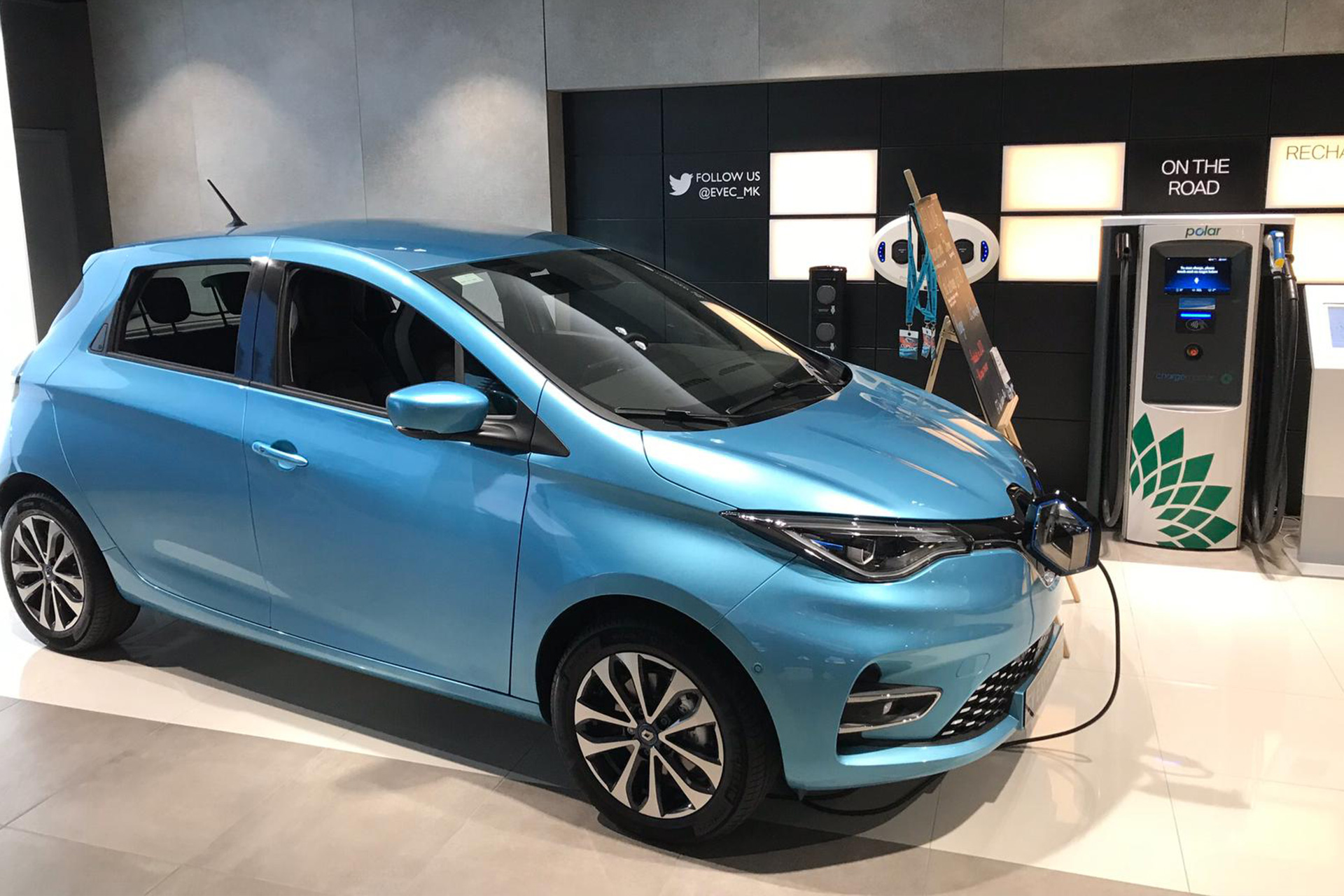EV myth busting: get the lowdown on electric car ownership practicalities
Image

There’s lots to think about if you’re considering an electric car for the first time. Not only how to charge it, but all of those everyday things that you might not know about. Like whether you can take an electric car through a car wash, tow with it or whether you need special tyres.
Don’t panic. Here are the basics that you need to know about everyday life with an electric car:
Can I plug the car in when it’s raining?
- Yes, absolutely. We all know that water and electricity don’t mix but manufacturers have, of course, gone to pains to make sure that a battery-powered car can be charged in all conditions. The sockets in electric cars have multiple levels of water-proofing so that you can plug the car in when it’s raining or snowing, and leave it plugged in, perfectly safely. However, do try and avoid getting water directly on the contact pins of the cable or socket.
Can I take an EV through the car wash?
- Yup, you can jet wash it, take it through a mechanical car wash or do anything with it that you’d do with a normal petrol or diesel car.
Can I take an electric car through flood water?
- Yes, you can. Most electric cars have similar wading depths to petrol and diesel cars – don’t forget that any car can get into difficulties in water very easily. If you’re not sure how deep the water is, don’t try it in any car – electric, petrol or otherwise. But when it comes to big puddles and heavy standing water, an electric car is just as safe and capable as a combustion-engine car.
Can I tow with it?
- None of the more affordable electric cars are rated for towing, unfortunately, but if you can stretch to the big SUVs then you’re in luck as some of them have great towing potential. The Tesla Model X can tow up to 2250kg, for instance. Just be careful to factor in the reduced range you’ll see as a result of the extra weight when towing – it’ll drastically reduce the distance you can go in between charges in a pure-electric car, just as it will ruin your fuel economy in a petrol or diesel car.
Aren’t electric cars really slow?
- Not even a little bit, no. You can check out our Porsche Taycan video if you need proof. In fact, even the really mundane ones are faster than your equivalent petrol and diesel cars, while even moderately ‘sporty’ ones tend to be shockingly rapid. The MG ZS EV is as ordinary as it gets, and it’ll do 0-62mph in 8.5sec (the 1.5 petrol does 10.9sec), while the e-208 will do the same sprint in 8.1 compared to 9.8sec in the 1.2 petrol. Not only that, but because electric motors can deliver all of their torque in one massive hit from a total standstill, performance EVs can achieve stratospheric performance very easily.
Does it need special tyres?
- Not at all. Many EVs come with low-rolling resistance tyres, as do plenty of efficiency-focussed combustion-engine cars, but when you need to replace them you can shop around for any tyres that are the right size just as you might with any other car. The tyres don’t wear out any quicker, either.
Does it need maintenance?
- Electric cars need servicing just like any car, but their service intervals are often further apart, and some manufacturers charge less for servicing an EV as well since they have far fewer parts to check. An electric motor only has three or four moving parts, while a combustion engine has more like 10,000, so an EV really only has its brakes, tyres, wipers and other degradable parts checked. You don’t need to check the oil in an electric car, since it doesn’t have an engine that needs oil!
Are electric cars safe?
- Yes, absolutely. They are safe when you plug them in, they’re safe when you drive them and they’re just as safe as comparable petrol and diesel cars in an accident. Many people worry about the batteries in an EV being unsafe in a collision, but the packs that protect the cells are so strong that EVs often rate better than fossil fuel counterparts in Euro NCAP crash tests, because they add rigidity to the car’s structure. Plus, the tech-first culture of EVs means that they often have more advanced semi-autonomous driver aids than non plug-in alternatives.
Doesn’t it need a new battery pack after a few years?
- No, not at all. Battery technology has improved a lot in recent years, and we know that those with more recent upgraded chemistry (anything from the facelifted Mk1 Nissan Leaf and on) have much improved battery longevity over older EVs. There is still degradation over time, though; As a rough estimate, most modern electric cars are likely to lose around 15 - 20% of the battery performance in the first 100,000 miles.